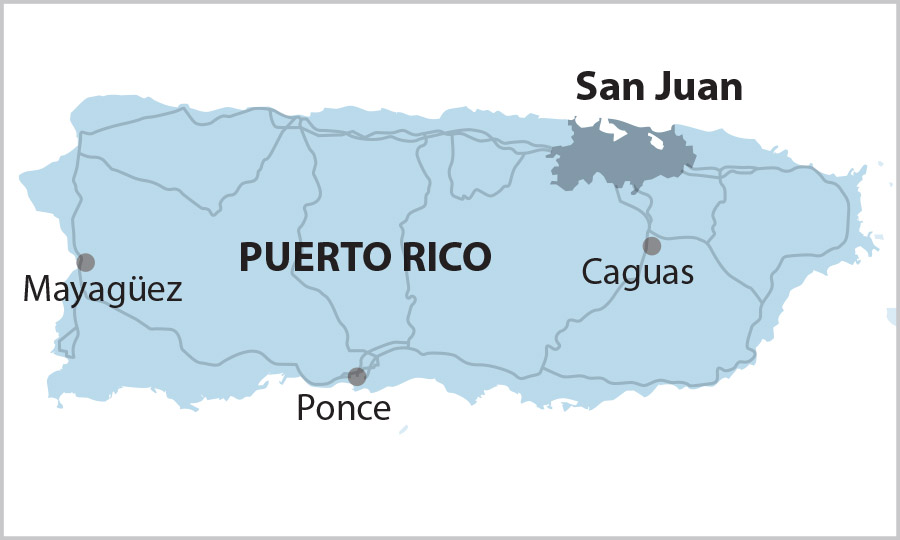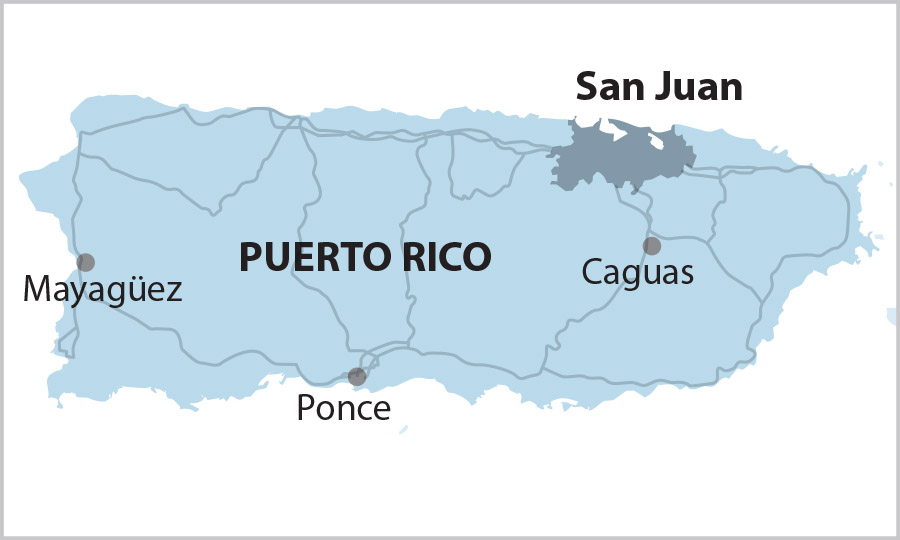IEEFA letter to Puerto Rico’s Legislative Assembly: Secure more viable PREPA debt deal

 October 29, 2019 (IEEFA U.S.) – The Institute for Energy Economics and Financial Analysis (IEEFA) sent a letter to Puerto Rico’s Legislative Assembly on Tuesday, urging representatives to reject the proposed Restructuring Agreement (RSA) for electric utility PREPA and to pursue more affordable, sustainable and transparent options for financing and managing the Commonwealth’s electric system.
October 29, 2019 (IEEFA U.S.) – The Institute for Energy Economics and Financial Analysis (IEEFA) sent a letter to Puerto Rico’s Legislative Assembly on Tuesday, urging representatives to reject the proposed Restructuring Agreement (RSA) for electric utility PREPA and to pursue more affordable, sustainable and transparent options for financing and managing the Commonwealth’s electric system.
Signed by IEEFA’s director of finance Tom Sanzillo, the letter stresses that alternative solutions exist for restructuring the utility’s US$8.6 billion in debt that would ensure that ratepayers and small bondholders were not burdened with paying bills that may have been illegally incurred based on past mistakes by managers, creditors and outside advisers.
“THE RSA IS CLEARLY UNSOUND. Other options are available that can both pay back creditors without punishing Puerto Rico’s ratepayers with prohibitively expensive long-term debt,” said Sanzillo. “PREPA could use forward-looking investment from both the bond market and the federal government to rebuild the electricity system and pay for it out of future rates.”
The letter points out that:
- Electric power rates will be unaffordably high and much more than projected.
- The heavy cost of legacy debt will prevent economic growth.
- The debt deal will increase Puerto Rico’s borrowing costs.
- Some of PREPA’s debt may have been issued illegally.
- Financial reporting and disclosures have been flawed.
- Alternative financing approaches are available.
- An Independent Private Sector Inspector General (IPSIG) should be established to ensure transparency.
“The damage to Puerto Rico’s economy and the global markets has resulted from a series of unconscionable actions of historic dimensions carried out by the largely self-policing guardians of the bond market. And, with this RSA, all the worst aspects of this sordid history are being repeated,” the letter states.
The letter provides a detailed overview of PREPA’s troubled history and the need for an agreement that allows a fresh start that takes into account the interests of island residents as well as small bondholders and others who continue to be unfairly penalized by past mismanagement.
RATES ARE PROJECTED TO RISE UNDER THE RSA with an initial increase of 2.768 cents per kilowatt hour (kWh) ‒ a 13.2% increase over the current rate. IEEFA estimates the rate will be almost 20% higher than the rate of 20 cents/kWh established by the Legislature (Law 17-2019). The law set what was considered an affordable power rate that would allow the Island economy to recover.
Rates may exceed 30 cents/kWh, if federal funding doesn’t materialize
The Financial Oversight and Management Board (FOMB) and PREPA estimate that, with the Transition Charge in place, rates will increase to 25.6 cents/kWh by FY 2024, with a risk of exceeding 30 cents/kWh, if federal funding fails to materialize. Recently Filsinger, PREPA’s financial advisers, adjusted the rate increase for FY 2024 to 27.1 cents/kWh, 35% higher than the legislative goal.
“Any way you look at it, this is an unaffordable deal that will impede Puerto Rico’s economic recovery,” said Sanzillo. “The economy is shrinking, residents continue to leave, so taking on this enormous pile of debt, some of which may have been obtained illegally, does not bode well.”
Another problem signaled in the letter, is that the current governor (Wanda Vázquez Garced) may only be a placeholder until the next governor takes office in January 2021 while any bond deal will have implications for the next 47 years.
IEEFA urges the legislators to look to the debt underwriters to bear part of the debt burden. It also calls for the establishment of an Independent Private Sector Inspector General (IPSIG) to provide daily monitoring and oversight.
“Island resident bondholders were encouraged to invest in Puerto Rico on false pretenses. They do not stand a chance against large institutional investors,” said Sanzillo. “The Legislative Assembly has a constitutional duty to look out for interests of the people it serves.”
Full text: Letter to the Legislative Assembly Regarding Restructuring Agreement for PREPA
Spanish version: Carta a la Asamblea Legislativa sobre el Acuerdo para AEE
Media contact
Vivienne Heston [email protected] 914 439 8921
About IEEFA
The Institute for Energy Economics and Financial Analysis (IEEFA) conducts global research and analyses on financial and economic issues related to energy and the environment. The Institute’s mission is to accelerate the transition to a diverse, sustainable and profitable energy economy.













